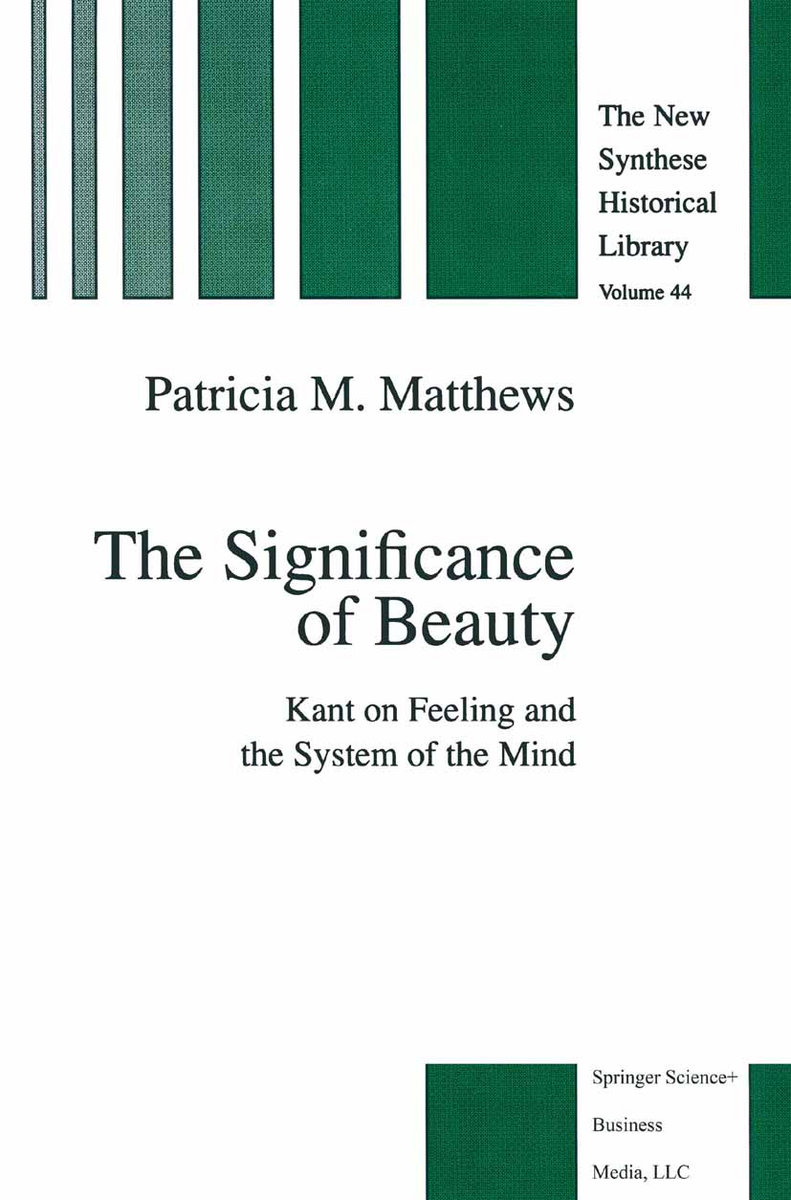In the Critique of Judgment, Kant argues that feeling is part of the system of the mind. Judgments of taste based on feeling are a unique kind of judgment, and the feeling that is their foundation forms an independent third power of the mind. Feeling has a special role within this system in that it also provides a transition between the other two powers of the mind, cognition and desire.
Matthews argues that feeling, our experience of beauty, provides a transition because it orients humans in a sensible world. Judgments of taste help overcome the difficulties that arise when rational cognitive and moral ends must be pursued in a sensible world. Matthews demonstrates how feeling, disassociated from rational activities in Kant's earlier works, is now central in reaching rational ends and understanding humans as unified rational beings.
Audience: This book would be of interest to research libraries and university libraries, philosophers, historians and aestheticians.



